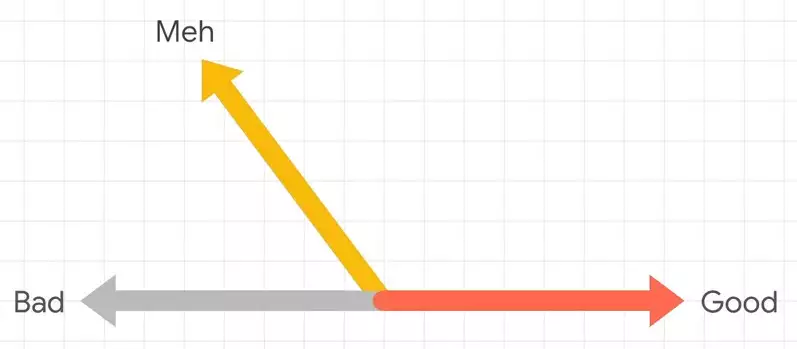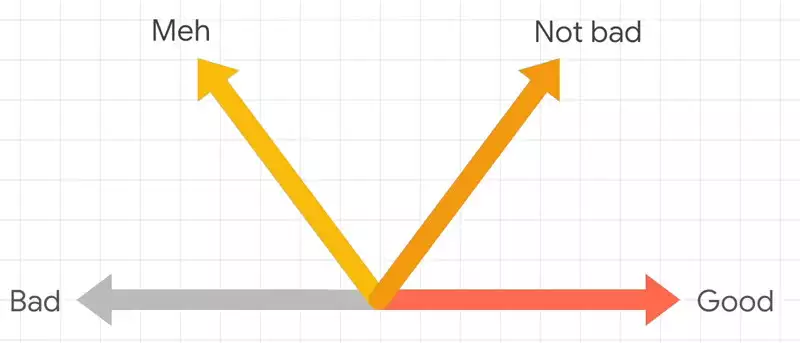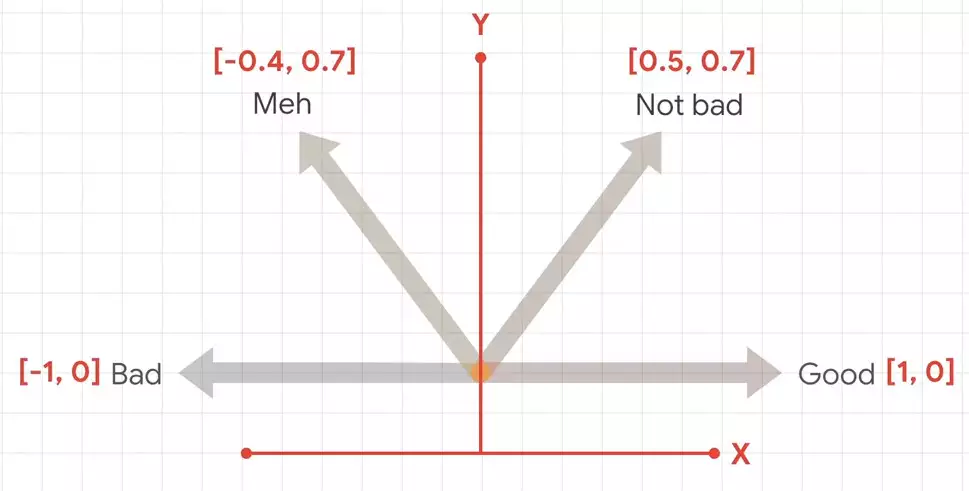In this article we will try to write a classifier for defining sarcastic articles using machine learning and TensorFlow.
The article is a translation from Machine Learning Foundations: Part 10 - Using NLP to build a sarcasm classifier
Rishab Mishra 's Sarcasm in News Headlines dataset is used as the training dataset . It's an interesting dataset that collects news headlines from conventional news sources, as well as a few more comedic ones from fake news sites.
The dataset is a JSON file with three columns.
is_sarcastic- 1 if the entry is sarcastic, otherwise 0headline- article titlearticle_link- URL of the article text
We'll just look at headers here. So we have a very simple dataset to work with. The header is our feature, and is_sarcastic is our shortcut.
The JSON data looks something like this.
{
"article_link": "https://www.huffingtonpost.com/entry/versace-black-code_us_5861fbefe4b0de3a08f600d5",
"headline": "former versace store clerk sues over secret 'black code' for minority shoppers",
"is_sarcastic": 0
}Each record is a JSON field with name-value pairs showing the column and associated data.
Here is the code to load data in Python
import json
with open("sarcasm.json", 'r') as f:
datastore = json.load(f)
sentences = []
labels = []
urls = []
for item in datastore:
sentences.append(item['headline'])
labels.append(item['is_sarcastic'])
urls.append(item['article_link']) . -, import json json Python. sarcasm.json. json.load(), . , URL-. . , URL- .
.
from tensorflow.keras.preprocessing.text import Tokenizer
from tensorflow.keras.preprocessing.sequence import pad_sequences
tokenizer = Tokenizer(oov_token="")
tokenizer.fit_on_texts(sentences)
word_index = tokenizer.word_index
print(len(word_index))
print(word_index)
sequences = tokenizer.texts_to_sequences(sentences)
padded = pad_sequences(sequences, padding='post')
print(padded[0])
print(padded.shape) . 25 000 , . word_index . .
... 'blowing': 4064, 'packed': 4065, 'deficit': 4066, 'essential': 4067, 'explaining': 4068, 'pollution': 4069, 'braces': 4070, 'protester': 4071, 'uncle': 4072 ..., , . , , , .
[ 308 15115 679 3337 2298 48 382 2576 15116 6 2577 8434
0 0 0 0 0 0 0 0 0 0 0 0
0 0 0 0 0 0 0 0 0 0 0 0
0 0 0 0]
(26709, 40). , . 26 709 , 40 .
, .
voiceab_size = 10000
embedding_dim = 16
max_length = 100
trunc_type = 'post'
padding_type = 'post'
oov_tok = ""
training_size = 20000 26 000 20 000 , training_size, 6000 .
training_sentences = sentences[0:training_size]
testing_sentences = sentences[training_size:]
training_labels = labels[0:training_size]
testing_labels = labels[training_size:], , , , .
tokenizer = Tokenizer(num_words=vocab_size, oov_token=oov_tok)
tokenizer.fit_on_texts(training_sentences)
word_index = tokenizer.word_index
training_sequences = tokenizer.texts_to_sequences(training_sentences)
training_padded = pad_sequences(training_sequences, maxlen=max_length, padding=padding_type, truncating=trunc_type)
testing_sequences = tokenizer.texts_to_sequences(testing_sentences)
testing_padded = pad_sequences(testing_sequences, maxlen=max_length, padding=padding_type, truncating=trunc_type) , , . training_sentence. . test_sentences , . training_sequences training_sentences. , . testing_sentences .
, , , . — , , . , . .
, «Bad» «Good». , . , .

«meh» , . .
«not bad», , «Good», , . , .
, . .
, .
, Keras, Embedding.
model = tf.keras.Sequential([
tf.keras.layers.Embedding(vocab_size, embedding_dim, input_length=max_length),
tf.keras.layers.GlobalAveragePooling1D(),
tf.keras.layers.Dense(24, activation='relu'),
tf.keras.layers.Dense(1, activation='sigmoid')
])
model.compile(loss='binary_crossentropy',optimizer='adam',metrics=['accuracy'])Embedding . , , , . 16, . , Embedding 10 016 , . , , .
, .
num_epochs = 30
history = model.fit(training_padded, training_labels, epochs=num_epochs, validation_data=(testing_padded, testing_labels), verbose=2) training_padded, .
, Google Colab, .